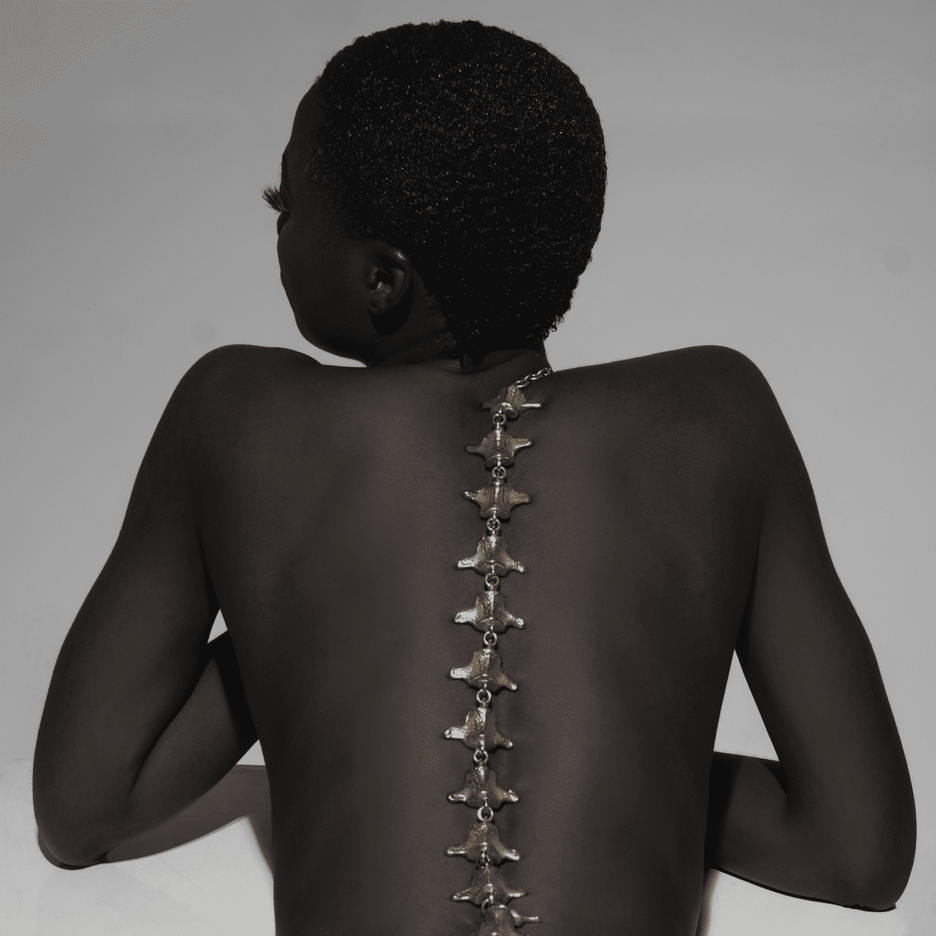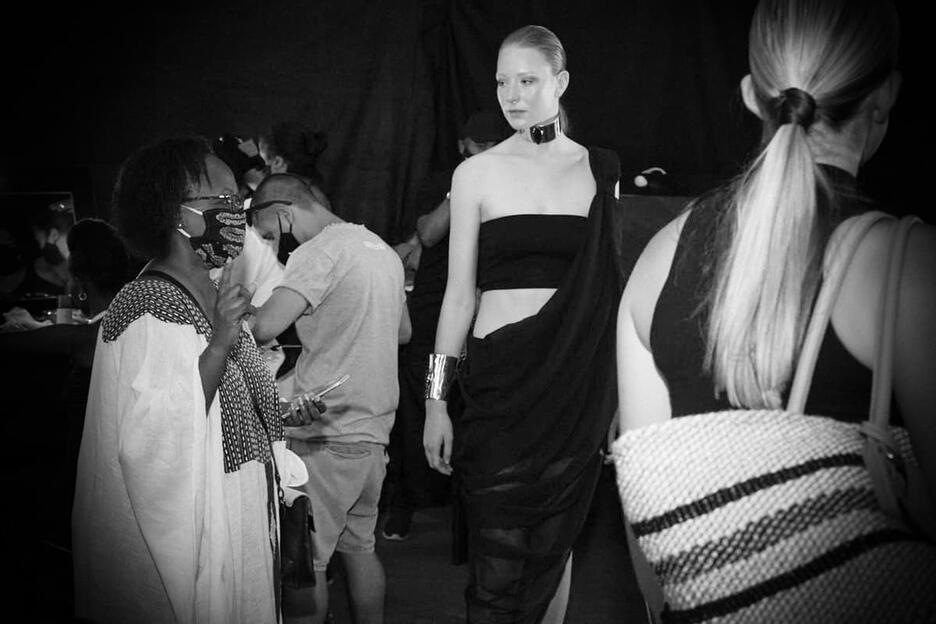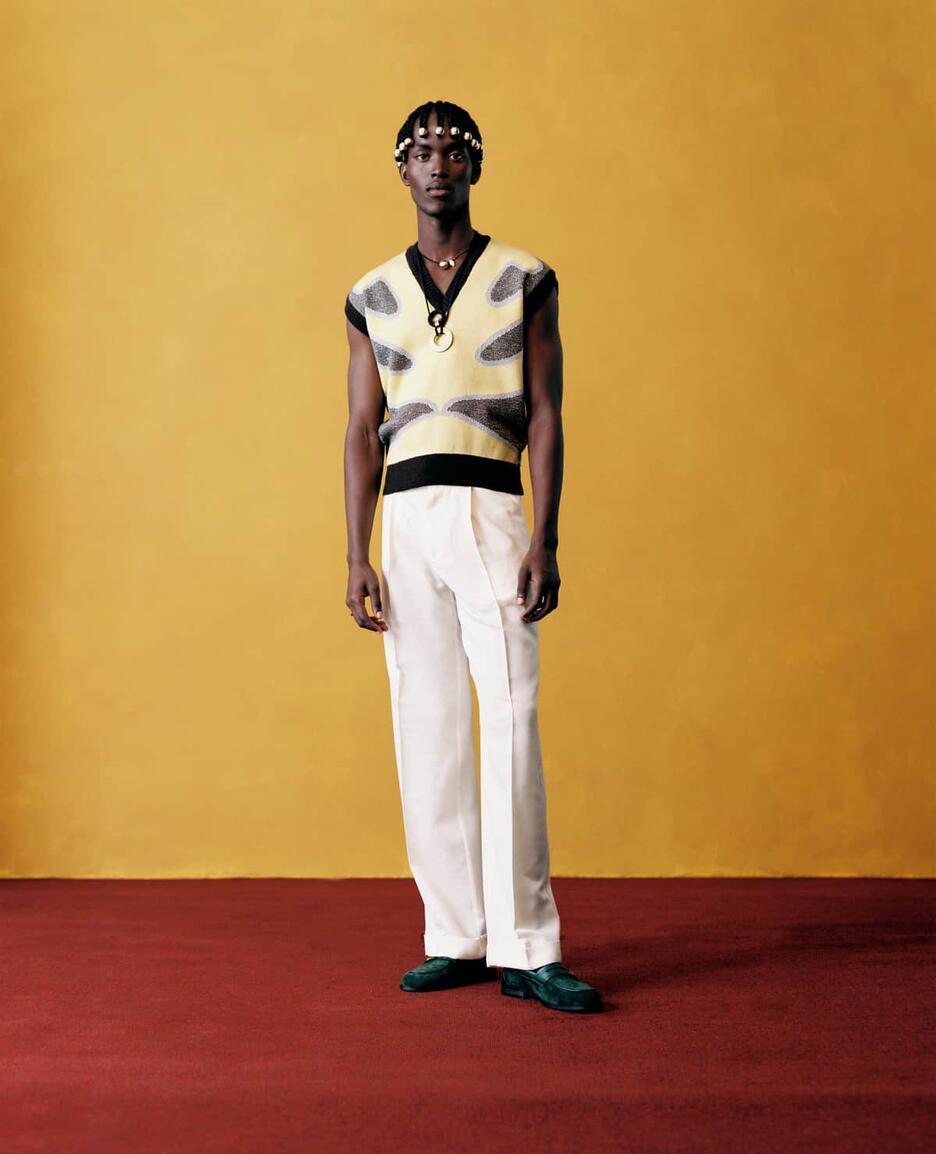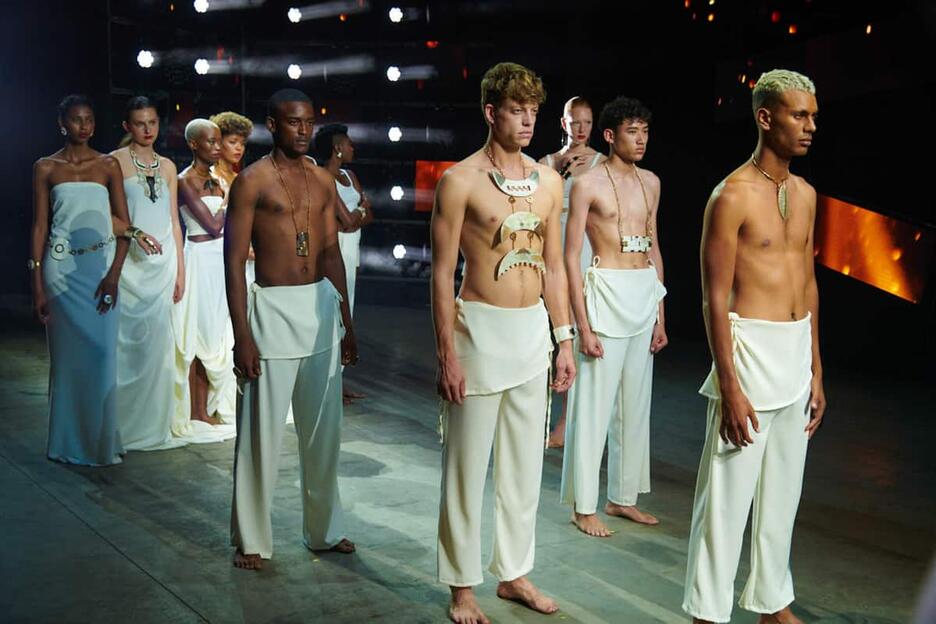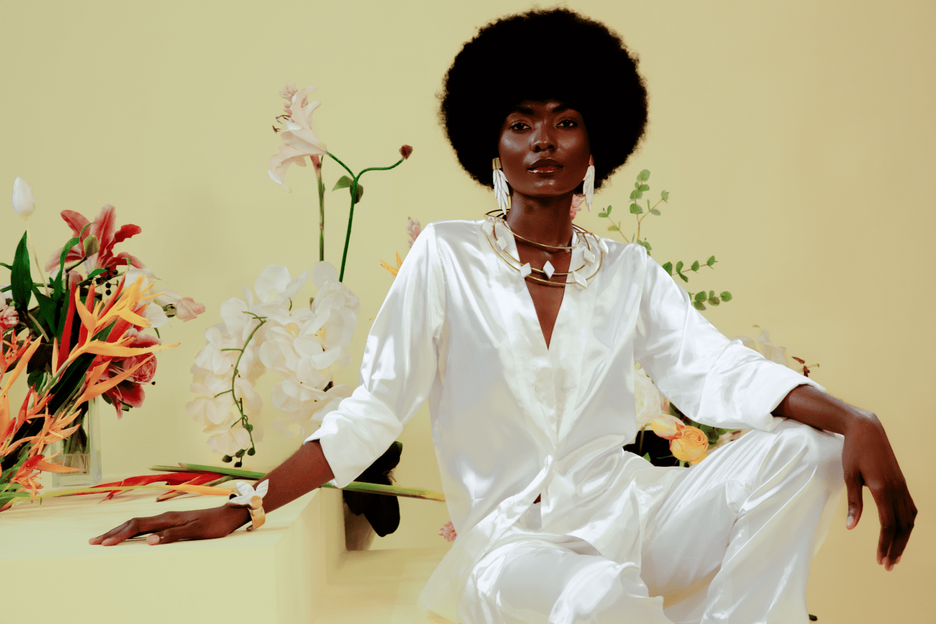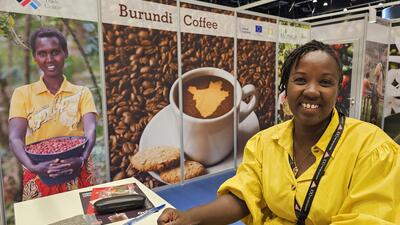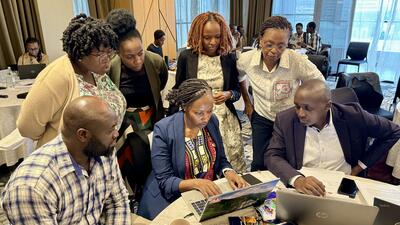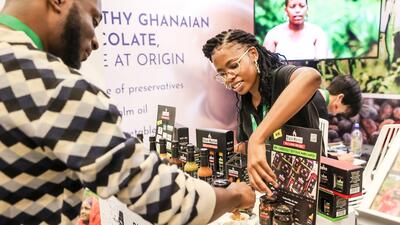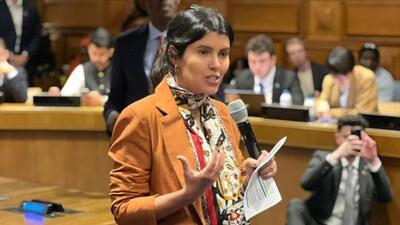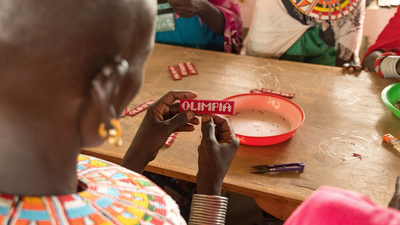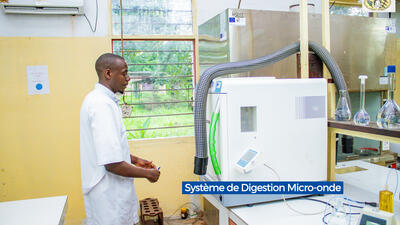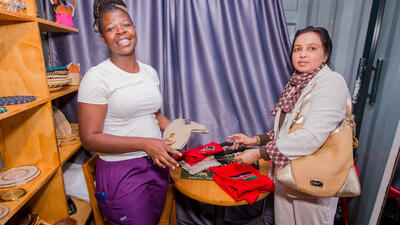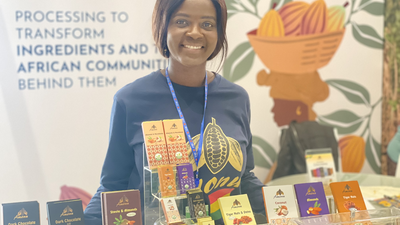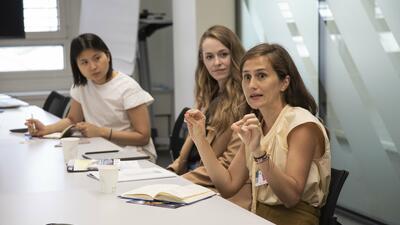
Discussing takeaways and next steps with the Designer Accelerator alumni
Jennifer Mulli, Lukhanyo Mdingi and Maurgaux Rusita are three successful participants of the Ethical Fashion Initiative’s inaugural Designer Accelerator programme. They close out this chapter well prepared to take on the fashion industry. The designers leave the programme equipped with two years of mentorship and access to EFI’s wide network, and big hopes for the future of artisanal fashion.
Businesses of any size can benefit from international trade, which can ultimately lead to innovation. In some developing countries, as much as half of micro, small, and medium-sized enterprises are in rural areas. This makes them an important demographic. But they might experience difficulties in gaining access to information, for both operations and financing. Providing these companies with assistance in accessing international markets and supply chains can have a significant multiplier. The International Trade Centre (ITC) assists these entrepreneurs in developing and commercializing their green technologies and goods.
It’s been an intense two years for the designers as they took part in EFI’s first-ever Designer Accelerator. To amplify their brands and carve a space for themselves in the global fashion stage, the designers’ agendas have been chock-full of workshops, excursions and courses -- always accompanied by a team of experts that provided one-on-one mentoring and customised support.
After completing the Designer Accelerator, the brands have not only fortified their creative capabilities, but they’ve also paved the way for the next generation of fashion enthusiasts that holds both Africa and sustainability at its heart. Perhaps most important, they are on a constant mission of redefining ‘Made in Africa’ with the hope of championing African crafts, methods and designs.
In these one-to-one interviews, the emerging creatives share with us their biggest lessons and takeaways from the programme, and discuss how their brands have evolved throughout the two years of the Accelerator.
What is your biggest takeaway from the Accelerator and how will that continue to shine through in your future collections?
The Accelerator has taught me to appreciate and understand my brand and its potential. EFI was able to bring that out. The Accelerator has left me feeling more confident and competitive in the global fashion market and provided me with additional value in what I’m doing.
If you could pass on the most important lesson you learned in the Accelerator, what would that be?
Believe in yourself, in what you’re doing and go for it! Don’t wait for anyone to validate it. The world will see it and appreciate it.
How has Jiamini evolved throughout the two years in the Accelerator, from start to finish?
We are thinking out of the box now! We’re looking at our brand and discovering other materials that we can utilise for new collections. Jiamini originally worked strictly with beads and with weaving, and it evolved in a positive way that I’m proud of.
What is your biggest takeaway from the Accelerator and how will that continue to shine through in your future collections?
It’s the human networks more than anything else. Our label is reliant on collaborations, so being part of the Accelerator programme has allowed our label to be in the presence of those that believe in this spirit.
What is your vision for your brand for the years to come, ensuring Made in Africa production and the responsible production methods you’ve implemented thus far?
The spirit of craft-making is incredibly powerful here in Africa. To be in a position where we are able to work with individuals that have an innate sense of finesse within their making and lineage informs a certain kind of sincerity and honesty with those that we work with – I believe that this essence is woven within the fabric. Our aim is to steadily grow in the most organic way possible and to use entrepreneurship and design as a way to develop and grow not only our label, but the individuals and communities that we work with as well.
If you could pass on the most important lesson you learned in the Accelerator, what would that be?
To honour human relationships and networks.
What is your biggest takeaway from the Accelerator and how will that continue to shine through in your future collections?
My biggest takeaway is understanding the importance of teamwork and how much one’s success depends on a team which is dedicated to the success of the brand. The Accelerator programme has so generously afforded me two wonderful years of invaluable mentorship, training, encouragement, and character. I have been embraced by the EFI team in the most meaningful way and hope to build my own team, using the Accelerator as a guide.
What is your vision for Margaux Wong for the years to come, ensuring Made in Africa production and the responsible production methods you’ve implemented thus far?
We hope to continue developing our responsible production methods by improving the artisanal skills within our team to include in house artisanal molding and gold plating skills. We want to also implement modern complimentary technology such as 3D printing of new design moulds and prototypes to enable greater precision in our designs.
How has your brand evolved throughout the two years in the Accelerator, from start to finish?
Margaux Wong has acquired a greater and more in-depth brand identity and self-confidence. The Accelerator has encouraged me as a designer to consider the origins, current path and future destinations of the brand. Before the Accelerator programme, there was so much about my personal identity and journey which I took for granted. I now embrace it all and am very excited to share our brand with the world.
About the project
For the Ethical Fashion Initiative (EFI), lifestyle choices impact livelihoods. EFI acts as a bridge, connecting marginalized artisan communities in emerging economies with discerning global lifestyle brands, creating meaningful work and fair, decent working conditions.
We develop and sustain social enterprises, designers, artisans and micro-producers in fashion, interiors and fine foods. We build on tradition, heritage and craftsmanship, and inject modern production and business practices to improve quality, consistency and productivity while leaving intact the intrinsic value of the product’s provenance.




